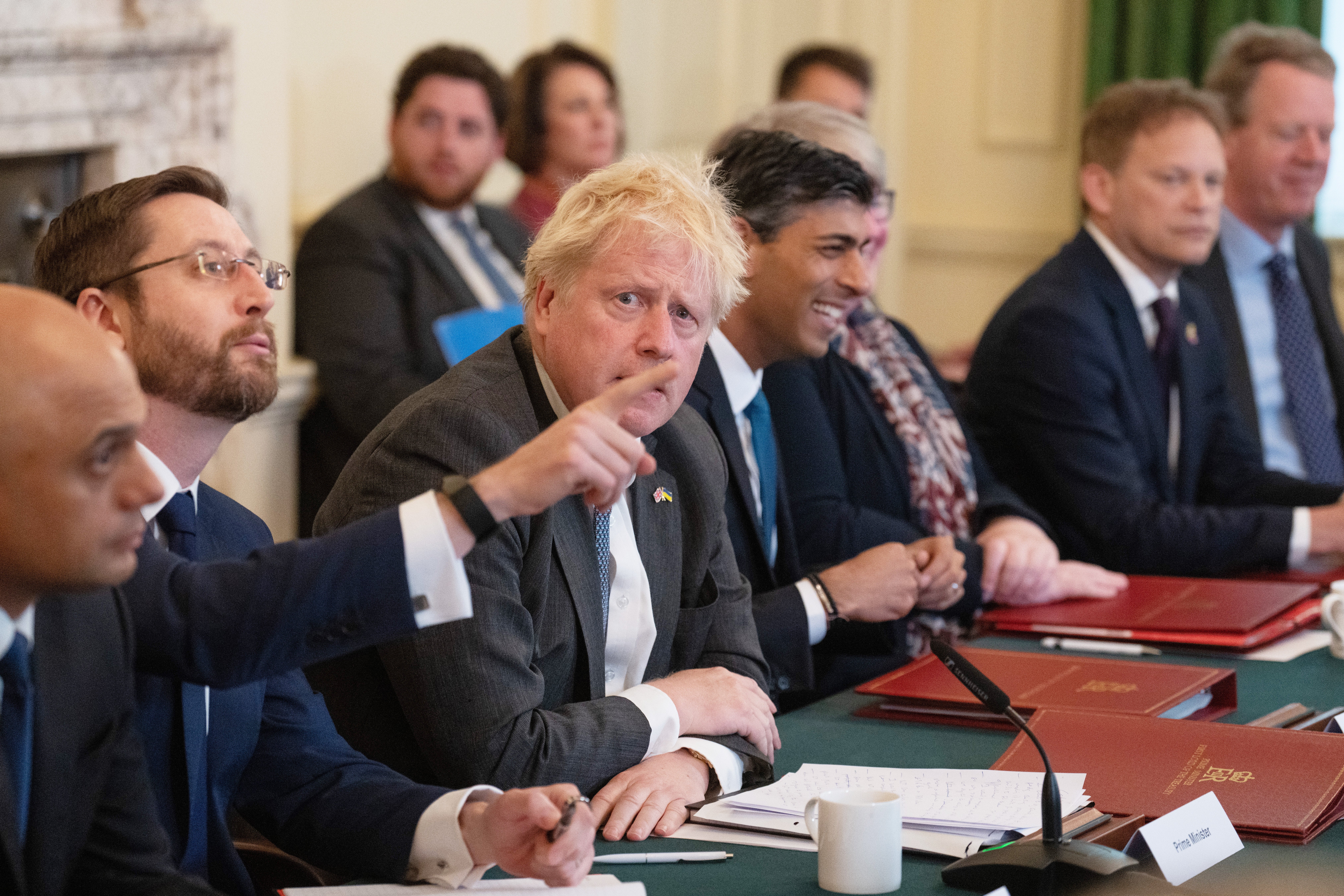No decision yet on recruitment process for new No 10 ethics adviser
Simon Case was appearing before a committee alongside Darren Tierney, director general of propriety and ethics at the Cabinet Office.

Your support helps us to tell the story
From reproductive rights to climate change to Big Tech, The Independent is on the ground when the story is developing. Whether it's investigating the financials of Elon Musk's pro-Trump PAC or producing our latest documentary, 'The A Word', which shines a light on the American women fighting for reproductive rights, we know how important it is to parse out the facts from the messaging.
At such a critical moment in US history, we need reporters on the ground. Your donation allows us to keep sending journalists to speak to both sides of the story.
The Independent is trusted by Americans across the entire political spectrum. And unlike many other quality news outlets, we choose not to lock Americans out of our reporting and analysis with paywalls. We believe quality journalism should be available to everyone, paid for by those who can afford it.
Your support makes all the difference.A decision on the recruitment process for the replacement for Lord Geidt has not yet been made, a parliamentary committee has heard.
The Public Administration and Constitutional Affairs Committee was also told by Cabinet Secretary Simon Case that Boris Johnson’s former ministerial interests adviser was not asked for his opinion on the controversial Northern Ireland Protocol Bill before he quit.
Mr Case was appearing before the committee alongside Darren Tierney, director general of propriety and ethics at the Cabinet Office.
The appearance comes in the shadow of the partygate controversy, as well as the decision of a row over steel tariffs and international trade rules seen as the final straw for Mr Johnson’s ethics adviser.
The duty to support the Government of the day to the best of your ability and upholding the values can create challenges
Simon Case told the committee on Tuesday that “(Ministerial) Code issues didn’t arise” in the case of the Northern Ireland Protocol Bill, unlike in the case of the possible breach of World Trade Organisation rules that triggered Lord Geidt’s resignation as independent adviser on the ministerial code.
Mr Case added: “The code in the end wasn’t in question so there was no reason, I don’t think anyway, I don’t believe Lord Geidt was consulted about the Protocol.”
He declined to speculate on whether Lord Geidt had used the WTO issue, believed to relate to protections for the steel industry, as “an excuse” to resign.
Mr Tierney added that the decision to consult Lord Geidt on the possible WTO breach was taken by the Prime Minister himself.
Mr Case began his highly anticipated appearance at the committee by talking about the “tension” or “juxtaposition” that can exist in the Civil Service Code.
He described the juxtaposition saying: “The duty to support the Government of the day to the best of your ability and upholding the values can create challenges”.
He stressed it was not a “permanent conflict”.
He went on: “The Government of the day is one that is not remotely afraid of controversial policies. It believes it has a mandate to test established boundaries.
“It takes a robust view of the national interest and how the Government should protect it and focuses very much on accountability to people and Parliament, not on the unelected advisory structures.”
He also confirmed that a decision on the recruitment process for a new ministerial interests adviser had not yet been made.
He said he expected to play a role in the recruitment process, but added it would be a matter for ministers.
Asked about the recruitment process for Lord Geidt, it was put to him that he helped “twist the arm” of the former adviser.
“Did I twist his arm? It is for Lord Geidt to characterise, but I don’t think that’s right.”
He also acknowledged that it was now a much more “public role than it has been before”.